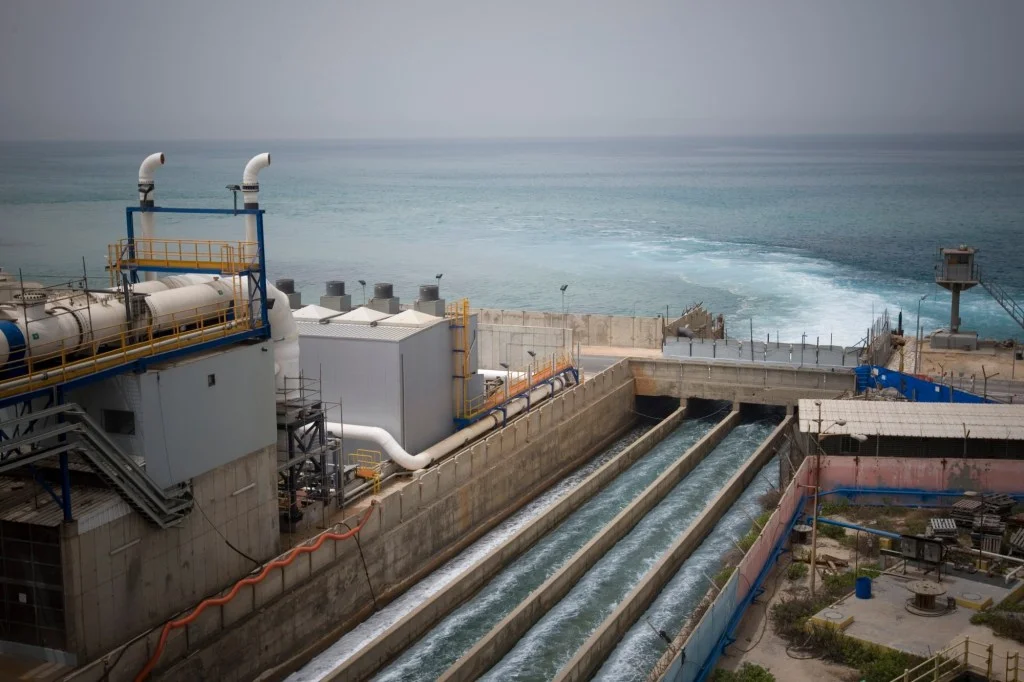
Ridding California of Coastal Commission Could Boost Water Security
California's water security may see significant improvements if the state were to eliminate its Coastal Commission, according to recent discussions. The debate over the future of the Coastal Commission has intensified, with proponents arguing that its removal could lead to more efficient water management strategies, crucial for a state frequently grappling with droughts and water shortages.
The Coastal Commission, established to protect California's coastline, has been criticized for its stringent regulations which some say hinder the development of water infrastructure projects. These projects are essential for enhancing the state's water security, especially in the face of climate change, which exacerbates water scarcity issues.
Advocates for dismantling the Commission argue that it would allow for faster approval and construction of desalination plants, reservoirs, and other water management facilities. They believe that these developments could significantly improve California's ability to store and manage water, reducing the impact of droughts on agriculture, urban areas, and the environment.
However, opponents of this proposal express concerns over the potential environmental impacts of such a move. They worry that without the Coastal Commission's oversight, there might be increased development along the coast, leading to habitat destruction and loss of public access to beaches.
The debate continues as California seeks a balance between protecting its iconic coastline and ensuring sustainable water resources for its growing population. As the discussion unfolds, the future of the Coastal Commission and its role in California's water management will remain a critical topic for policymakers and residents alike.